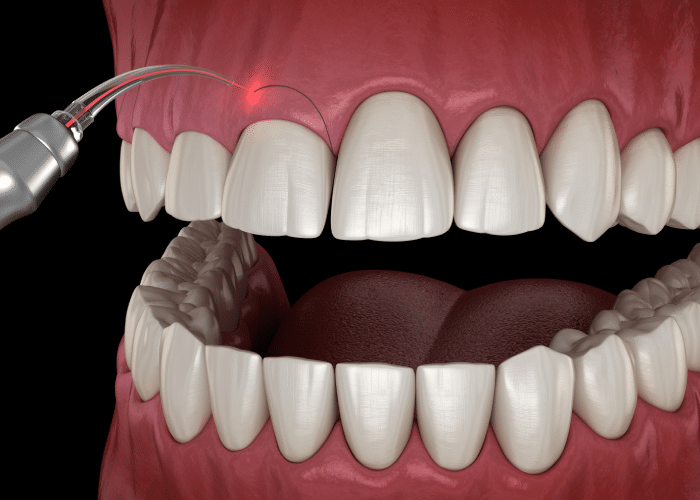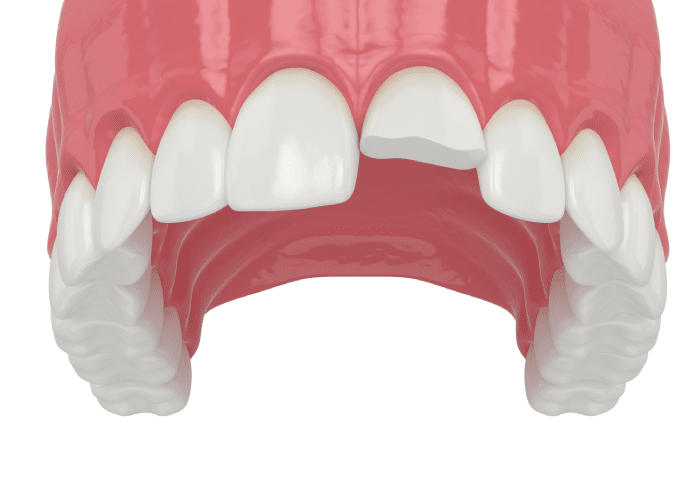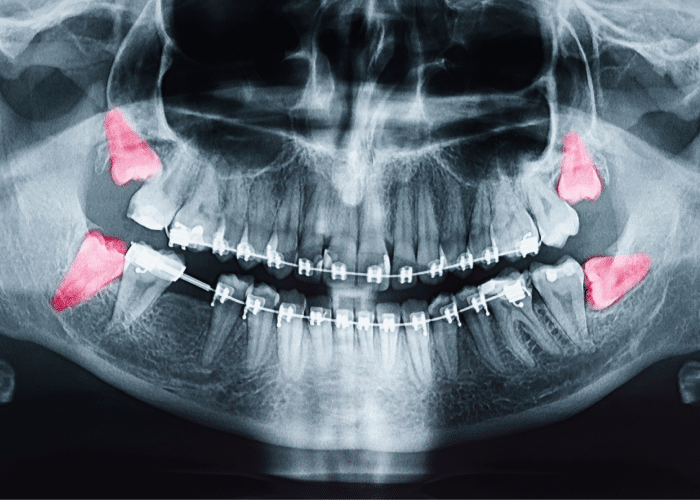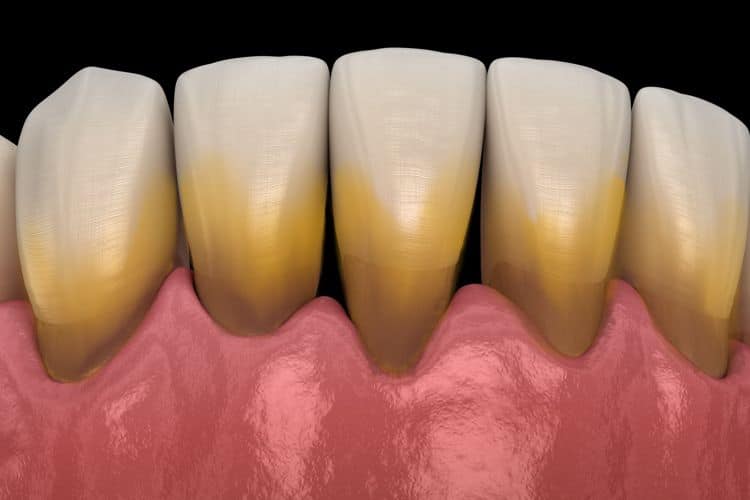Laser dentistry has been developing since the 1990s. It involves a targeted beam of light to perform dental procedures in the mouth.
Key takeaways:
– Lasers can work on precise areas, creating little pain or bleeding.
– Lasers can safely remove gum tissue, tumours and can even be used in teeth whitening.
– Your dentist will provide protective eye wear for the procedure.
Talk to an experience dentist to find out more about laser dentistry.
“…laser dentistry has been around for a few years… find a dentist with experience that can perform laser dentistry for your next procedure!”
Article:
https://yourdentalhealthresource.com/what-exactly-is-laser-dentistry/





